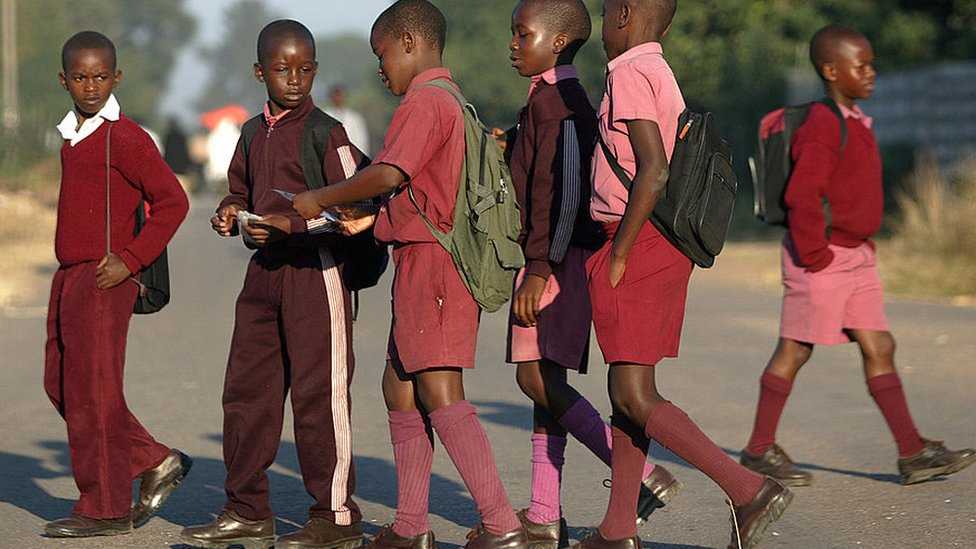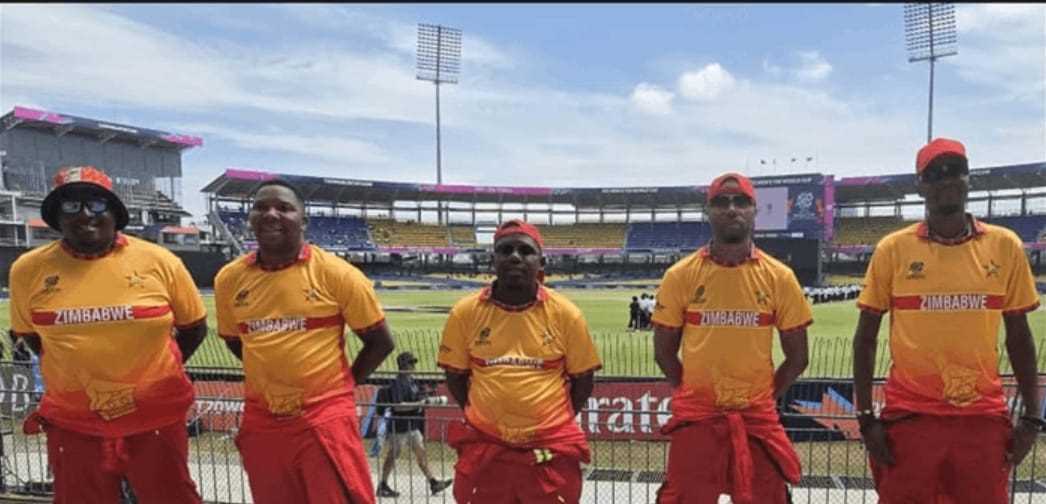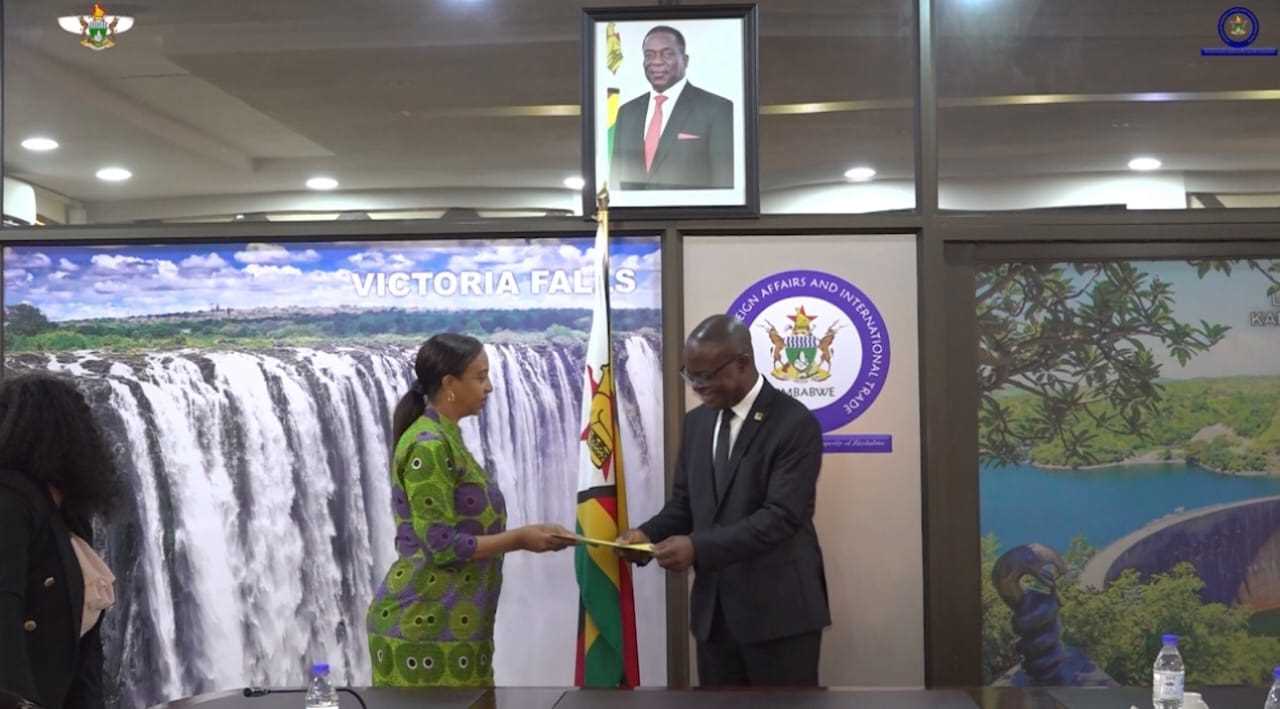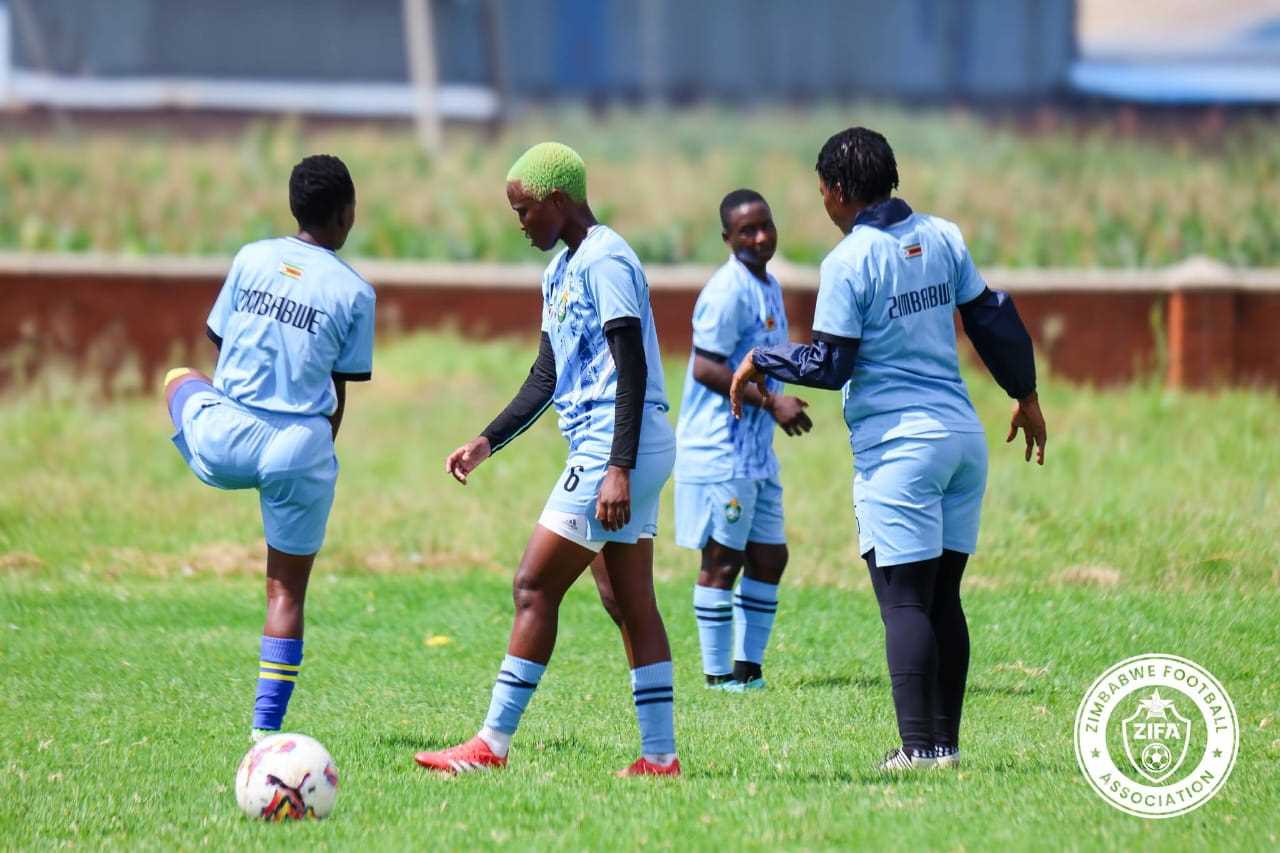
Edmore Zvinonzwa
The baking night heat defied any thoughts that the city had received any meaningful rains a week back and gave the impression that indeed the El Nino-induced drought predictions given the previous year were in fact coming true.
Tasha coiled her meagre frame deeper into the bedsheet she had refused to abandon in the night heat, owing to the menacing mosquitoes, which were threatening to drill into her minute veins for their own existence.
Her 30-year-old mother, Judith Majika, called out her name as she pulled Tasha out of the sheets, but the young girl’s resolve not to go to school that day rose even higher and she protested:
“I will not set foot in that school any more. The teacher calls me mwana weBEAM but I told her my father’s name and even yours. She, however, continues to refer to me as ‘mwana weBEAM’,” the nine-year-old said.
BEAM, the Basic Education Assistance Model, is a national school assistance programme that government launched in 2001 to assist orphans and other vulnerable children. The scheme targets children who are failing to pay or have financial difficulties in paying levies, tuition and examination fees.
Tasha’s predicament is not unique to her alone as many other children have to endure being ostracised over the financial status of their parents.
Being on the BEAM scheme suggests that Tasha’s mother cannot afford paying for extra lessons and her teacher has almost expressly told her on a daily basis that she had no time for learners whose parents did not want to pay for the lessons.
“I wonder why our children should be at the mercy of these greedy teachers. No one is being paid well these days as everyone is struggling. The teachers make us pay for extra lessons but they teach the children during normal learning time and on the school premises. They make us pay for the time they are already being paid for by their employer, the government. It is clear fraud.
“My tailor friend says she has had to work overnight about five days a week in order to raise enough money to pay for her two sons’ extra lessons,” said Tasha’s mother.
Classes at Tasha’s school are unusually big, in fact in excess of 70 learners each after the head allegedly took in more learners whose parents paid him to get places.
“This is common knowledge. There are school heads who over-enroll in their schools as they receive money from parents who wish to put their children in those schools. The infrastructure as well as furniture can only cater for a specific number of learners.
“While government is busy working on reducing the teacher-pupil ratio, there are certain individuals within the system who are working towards revering this for personal gain,” one parent, who declined to be named but said he paid to get his child enrolled into a Harare primary school, said, adding that he was later asked to ensure his child brought a chair and a desk for use at school.
Mai Sunny, who lives in St Mary’s and has a child at a primary school in the area said she has no choice but just pay for the extra lessons since there is no one to complain to. “I just have to pay because the teachers will leave all those whose parents do not pay. They do not care about them at all.
Nothing much is learnt during the formal lesson time. Those who do not pay are actually sent home around 1pm when real work begins. They even communicate with parents all the child’s problems. For this reason, parents are forced to pay because they are afraid their children will suffer.
“There is no one to tell this too because the authorities do not do anything,” said Mai Sunny.
Related Stories
While the Director of Communications and Advocacy in the Primary and Secondary Education Ministry, Taungana Ndoro could not be reached for comment on over-enrolment in schools driven by heads’ greed, the ministry has been clear on the issue of extra lessons in learning institutions.
Previously, Ndoro said the practice appeared to be particularly rife in Harare Metropolitan Province where teachers were putting personal interests ahead of those of learners.
Teachers in the public system, according to government policy, are barred from charge for extra lessons, although they may be permitted to provide extra tuition for an entire class for no extra pay.
“The schools where you find issues of extra lessons are those schools in communities that are resourced but most of our schools are in the rural areas. In the rural areas it is nearly impossible to conduct paid-for extra lessons in places like Rushinga, Muzarabani, Gokwe, Nkayi, Bulilima and others. But go to the urban and metropolitan areas, Glen View, Highfield, Mabvuku, Mpopoma, Pumula, that’s where you start having this problem and we can count those number of schools. They are just fraction so the integrity is still intact,” said Ndoro.
Ndoro added then that government was instituting measures to deal with teachers who were charging fees for tutoring children during their spare time.
“We want to send a clear message that makes it a deterrent for anyone to be unethical. There are a lot of teachers, some of whom have 15 to 20 years of experience right now, who would never take money for extra lessons before but are now also doing it because quite a number of their colleagues are doing it. They have also joined the bandwagon,” Ndoro said.
“There are heads who were morally upright but because another head within their district is taking money for enrolment, they are also doing it. This is where we say we need deterrent prosecutions”.
However, despite these moves and the threat to involve the Zimbabwe Anti-Corruption Commission, some teachers have remained adamant, saying they cannot survive the obtaining difficult times.
“I do not think I can survive without extra lessons, just like many of my colleagues at work because we virtually get next to nothing in terms of salary. At least if I teach extra lessons and I get an average of 15 students at US$20 per month that will give me US$300. Government pays me a flat US$300 if there is no deduction plus slightly over RTGS$600 000 as basic salary per month, an equivalent of US$40 at the current average of RTGS$15 000 per US$1,” a Harare secondary school teacher, Gerald Chitemere, said.
However, while Chitemere can get an average of US$640 per month, basing on the calculations above, his rural counterparts with the same qualifications and experience may not be so lucky because rural parents may not easily raise money for extra lessons.
The bulk of rural parents are subsistence farmers whose fortunes have so many determinants, including the vagaries of the weather such as the current farming season, which has been blighted by the impact of the El Nino phenomenon.
Some parents have also paid for teachers to do the Continuous Assessment Learning Activities on behalf of learners. However, CALAs are meant to help the learners and there is no benefit if someone else does the work for the child.
Dorcas Mhlanga, whose child attends a primary school in Glen Norah C, Harare said: “My child’s teacher charges US$75 and says she will do the CALAs for the learners. On average each class has about 60 learners, meaning the teacher rakes in a whopping US$4 500 for CALAs alone. At US$2 per week for extra lessons, the teachers gets US$480 per month. This is over and above her RTGS salary and the U$300 salary from government.
“With such a purse, I do not see the teacher supporting the government position to end private lessons in public schools. Now as parents our predicament is the child. How do we ensure our children do well when the system itself is compromised? We hear that school heads are given a share by each teacher, therefore no one will work for the success of formal schooling in public schools,” Mhlanga told Zim Now.


















Leave Comments